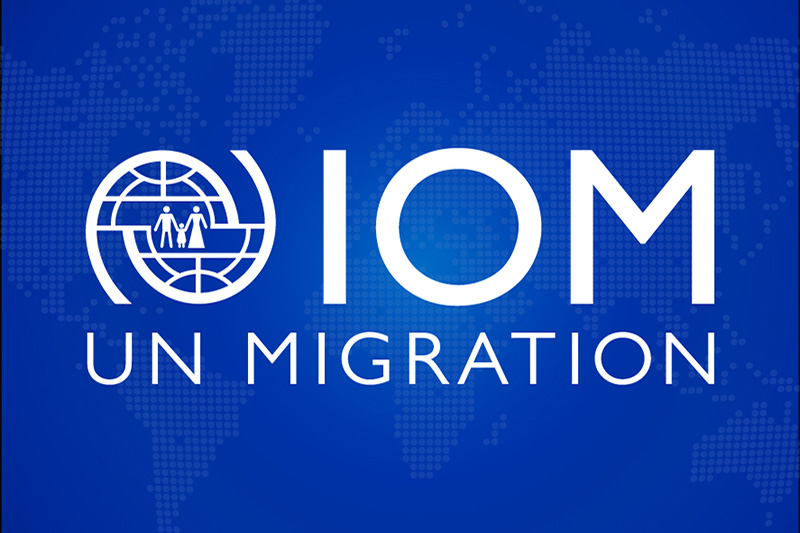Staff Reporter
The International Organisation for Migration (IOM) delegation currently in Zimbabwe has commended the Government for its efforts in addressing the challenges faced by migrants, both at home and abroad.
The delegation is on a mission to assess how the country is tackling migration issues in line with international standards, with Beitbridge border post being a key focus area due to its significance as one of the busiest entry points in sub-Saharan Africa.
The delegation, which toured the border post to assess the Government’s efforts in aligning migration processes with international standards yesterday, acknowledged the improvements in the management of migrant flows.
Speaking during the visit, the Minister of State for Matabeleland South Provincial Affairs and Devolution, Honourable Evelyn Ndlovu, highlighted the collaborative efforts between Zimbabwe and South Africa in managing migration, particularly unaccompanied children.
“We have established strong bilateral agreements with South Africa, and we work closely with our counterparts across the border. When unaccompanied children are to be repatriated, we ensure contact tracing is done on our side, allowing for a seamless process,” said Minister Ndlovu.
In terms of self-repatriation, Minister Ndlovu highlighted the growing number of migrants choosing to return voluntarily, thanks to Zimbabwe’s progressive migration policies.
“Last year, we recorded 193,318 instances of self-repatriation, and from January to August this year, we have already seen 157,356 people voluntarily returning home. This notable increase reflects the effectiveness of our Government’s policies, which encourage and facilitate the safe return of migrants,” she explained.
The chairperson of the Council of International Organisation for Migration, Her Excellency Dr Katharina Stasch, praised Government efforts in accommodating migrants through legal reforms.
“We conducted a mapping exercise last year in South Africa, which led to the review of Zimbabwe’s laws to better accommodate migrants. These reforms are essential in creating a conducive environment for safe migration,” she said.
Dr Stasch was particularly impressed with the progress at Beitbridge, highlighting how well-managed migration can benefit both countries involved.
“What I’ve witnessed here is remarkable. The partnership between IOM and the Zimbabwean Government is yielding positive results. Effective management of migration not only benefits the migrants but also the countries they move between. I’m particularly impressed by the work being done on health and gender-related issues, which are often overlooked in migration discussions,” she said.
The Minister of Public Service, Labour, and Social Welfare Honourable July Moyo, echoed these sentiments, pointing out the importance of cross-border forums in addressing labour migration challenges.
“We greatly appreciate the establishment of the cross-border migration management forum. It has provided a platform for us to intervene in labor disputes affecting migrants, ensuring that their rights are respected regardless of where they work,” said Minister Moyo.
The Government of Zimbabwe is also taking proactive steps in negotiating labour agreements with neighboring countries to safeguard the rights of its citizens working abroad. Minister Moyo pointed to the success of such negotiations, particularly with Rwanda.
“Our labour policy is guided by the principle of protecting our people wherever they go. The agreement with Rwanda, facilitated by IOM, has been a major milestone. We are also in the process of finalising a memorandum with Botswana and engaging with South Africa to ensure that Zimbabweans working outside the country are paid their due wages,” he revealed.
As one of the largest border posts in sub-Saharan Africa, Beitbridge handles an impressive volume of travelers annually, with an estimated four million people passing through each year. The ongoing improvements at the border post reflect Zimbabwe’s commitment to ensuring that migration is managed in a way that benefits both migrants and the country.




